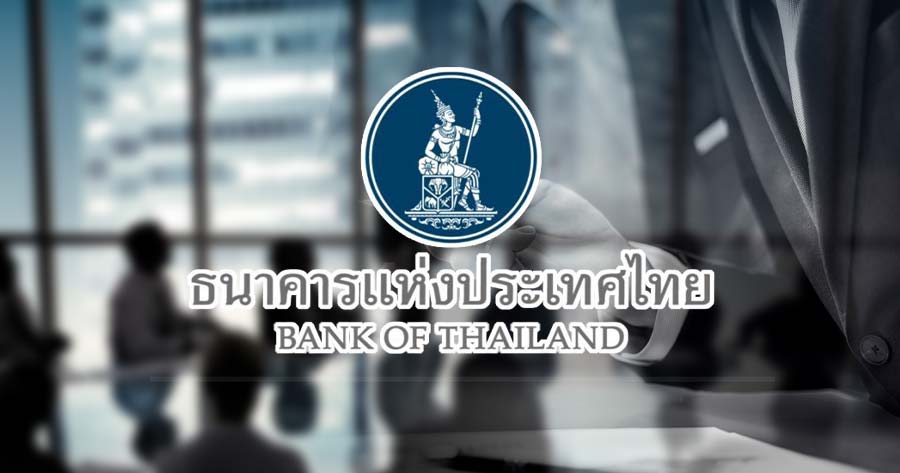The Bank of Thailand (BOT) unanimously voted on Wednesday to raise its benchmark rates by 25 basis points, bringing an interest rate to 2.25%.
The raise was in line with the consensus polled by Reuters.
The Thai central bank stated that the Thai economy overall continued to recover. External demand softened somewhat in the near term, but is expected to gradually recover looking ahead. Inflation declined and is projected to stabilize within the target range, subject to upside risks. In the context of continuing economic expansion and narrowing slack, monetary policy should keep inflation sustainably within the target range and foster longer-term macro-financial stability by preempting the buildup of financial imbalances that could arise in a low-for-long interest rate environment. A higher policy rate would also help preserve the policy space in light of the highly uncertain outlook. The Committee therefore voted to raise the policy rate by 0.25 percentage point at this meeting.
The Thai economy should continue to expand, driven mainly by tourism and private consumption. Merchandise exports contracted in the short term partly due to subdued demand from China and global electronic cycle, but should pick up looking ahead as the global economic activity gathers momentum. Risks to growth outlook increase from potential delay in merchandise export recovery and domestic political uncertainties.
Headline inflation declined from energy prices, cost-of-living subsidies, and high base last year, but should rebound in the second half of this year after the effects of temporary factors dissipate. Core inflation edged lower, but should stabilize at a higher level than in the past. Upside inflationary risks stem from higher food prices amid a more severe El Nino episode which could accelerate cost pass-through in the context of continuing economic expansion.
The overall financial system remains resilient. Financial institutions maintain high levels of capital and loan loss provision. Credit quality might deteriorate for some fragile SMEs and households with impaired debt serviceability, higher debt burden, and slower income recovery. The Committee supports the continuation of debt restructuring measures as well as targeted measures and sustainable debt resolution for vulnerable groups, particularly responsible lending measures.
Overall financial conditions became less accommodative but remain supportive of fund mobilization by the private sector and the ongoing economic recovery. Private sector funding costs increased consistent with the policy rate, while the slowing private credit growth partly reflected a normalization of lending activity after an uninterrupted credit expansion throughout the COVID-19 crisis. The baht fluctuated with the US monetary policy expectations, the Chinese economic outlook, and domestic political uncertainties.
Under the prevailing monetary policy framework, the Committee seeks to maintain price stability, support sustainable growth in line with potential, and preserve financial stability. In view of these objectives, the Committee expects a continuing economic expansion and narrowing slack. Inflation is expected to stabilize within the target range, with upside risks that still warrant monitoring. Against such backdrop, monetary policy should continue to ensure that inflation stays sustainably within the target range as well as give due consideration to macro-financial stability in the longer term. In deliberating further policy rate increases looking ahead, the Committee will take into account economic and inflation outlook as well as associated risk assessments.





